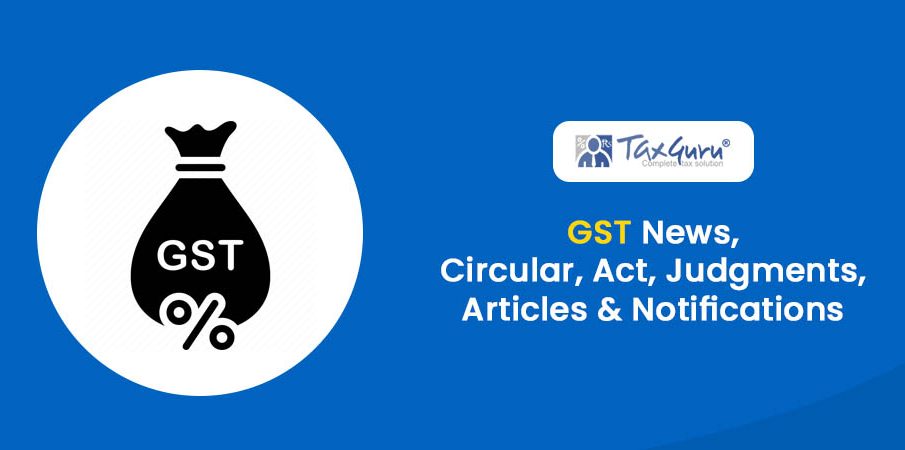Understanding GST Payment in India: A Comprehensive Overview

Introduction to GST Payment
The Goods and Services Tax (GST) payment process has become a crucial aspect of taxation in India since its implementation in July 2017. This unified tax system aims to eliminate the cascading effect of multiple taxes, ensuring a more efficient tax structure. Businesses and consumers alike must understand the importance of compliant GST payment to contribute to the economy and avoid penalties.
Recent Updates and Developments
As of 2023, there have been significant updates in the GST framework. The introduction of the e-invoicing system has streamlined the invoicing process, allowing businesses to pay taxes more efficiently. The GST Council has also raised the exemption limit for small businesses, easing the burden on entities with an annual turnover of less than ₹40 lakhs.
Moreover, the government has enhanced its focus on promoting digital payments, providing numerous platforms for GST payment, including the GST Portal, mobile applications, and authorized banks. The introduction of GST-compliant accounting software has further simplified the process for businesses.
GST Payment Process
The GST payment process begins with the taxpayer logging into the GST Portal. Upon selecting the ‘Payment’ option, taxpayers need to choose the type of tax they are liable for—either Central GST (CGST), State GST (SGST), or Integrated GST (IGST). After filling in the required details, the next step is to generate a payment challan.
Once the challan is generated, taxpayers can pay through various methods such as net banking, debit/credit card, or other digital payment methods. Importantly, continuing compliance with payment timelines is crucial to avoid late fees and penalties. The due date for GST payment typically falls on the 20th of the succeeding month, following the month of supply.
Conclusion and Significance of GST Compliance
In conclusion, timely and accurate GST payment is vital for individuals and businesses alike, fostering a responsible economic environment. Non-compliance can lead to hefty fines and legal troubles, impacting business credibility. As the government continues to evolve the GST system, taxpayers must stay informed about changes and adapt accordingly.
Looking ahead, we can expect further advancements in GST technology and processes, making it easier for taxpayers to fulfill their obligations. As a direct contributor to India’s economic growth, understanding and adhering to the GST payment framework will only benefit the entire ecosystem.









